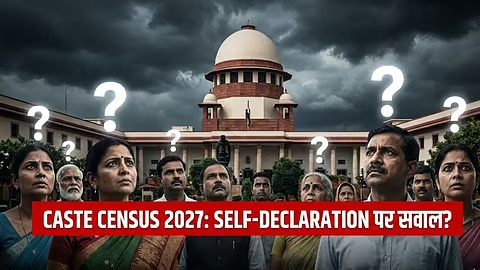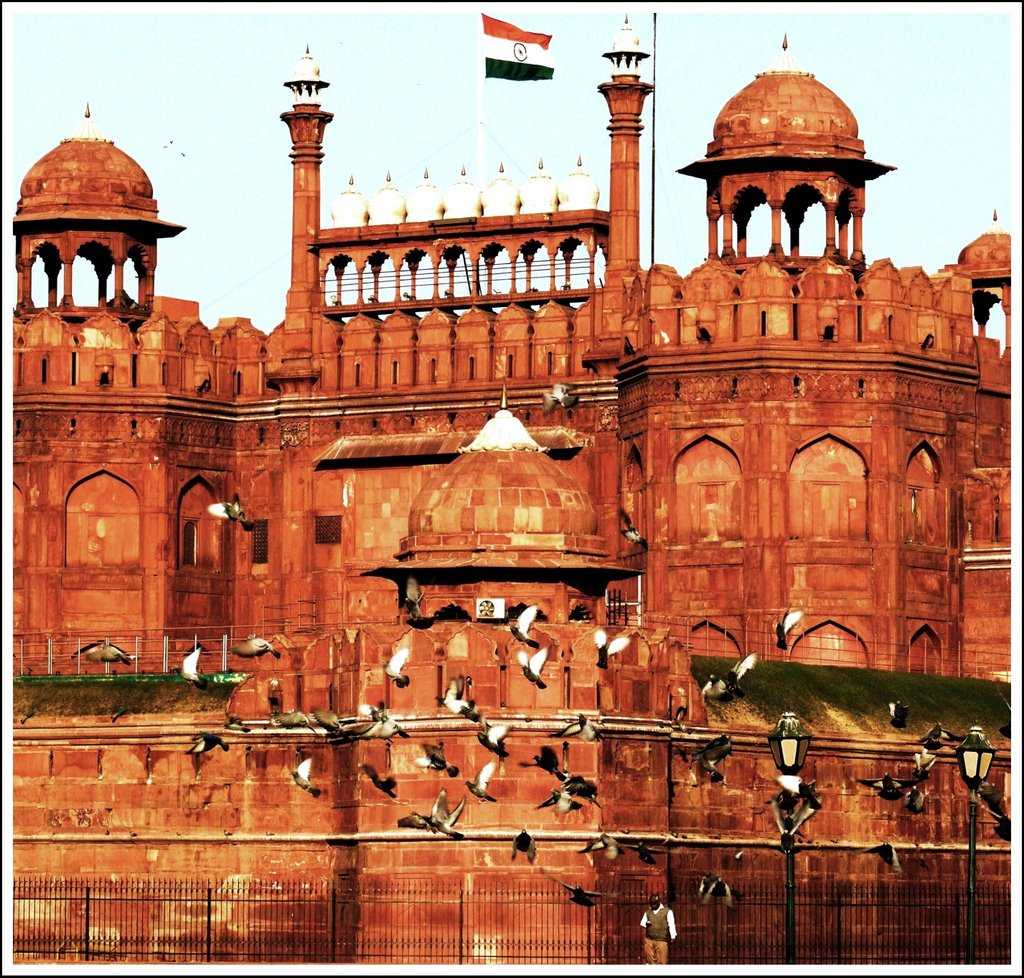1. This is an appeal against the judgment of the District Judge of Mymensingh passed on the 12th July 1902, rejecting an application for revocation of probate. The present Appellant applied, under sec. 50 of the Probate and Administration Act, for the revocation of the probate of the Will of one Parsuram Namadas, which had been granted to two persons, Chandra Nath and Ganga Char an Namadas. In his application for revocation of probate, he makes those two persons the opposite parties.
2. The application appears to have been placed before the District Judge, with a report from his sheristadar and on that report the District Judge has recorded two orders: one on the 11th July 1902 before hearing the pleader for the Appellant, and the other on the 12th July 1902, after hearing what the pleader for the applicant had to say on his behalf. It was after hearing the pleader that the final order was passed rejecting the application. It is against this order that the present appeal has been preferred, and on behalf of the Respondent a preliminary objection is taken that no appeal lies.
3. It is contended in the first instance that the order, rejecting the application for revocation of probate, is in the nature of an order rejecting an application for review. This contention we may say at once is not, in our opinion, sound. The application for revocation of the order of probate has nothing in common with an application for review ; the latter being made by a party to the original suit, and the application for revocation of the probate being made by a person who was not present, and was not a party in the original proceedings.
4. It has next been contended that the order in the judgment of the Judge, in which he directs the rejection of the application, amounted to an order only, and that an appeal would lie against that order only under the provisions of sec. 588 of the Code of Civil Procedure. This contention appears to have been based on the fact that in sec. 86, every order passed by a District Judge, under the Probate and Administration Act, is described as an order. That section, however, covers orders granting probate, and as these orders undoubtedly amount to decrees, it is clear that the expression "order," in sec. 86, does not mean such an order only as is referred to in sec. 588, C. P. C.
5. We do not think therefore that the objection raised, that no appeal against this order would lie under sec. 588, C. P. C. is a sound objection.
6. The application under sec. 50 must, in our opinion, be treated under the provisions of secs. 55 and 83 of the Probate and Administration Act, as a suit, and the order passed on that application, must be regarded as an order passed in a suit. In this case the order appealed against is an order dismissing the application after hearing the pleader for the applicant on a preliminary point.
7. The suit is dismissed on the ground that the applicant had no locus standi to bring the suit, because he was not a person who had any interest in the estate of the deceased. That decision, in our opinion, amounts to a decree dismissing the application or suit, and against that order of dismissal which amounts to a decree, there will lie an appeal under the law.
8. It has next been contended that, even if there be an appeal, the Judge is right in holding that the present applicant had no interest in the estate of the deceased. This contention does not appear to us to be sound. The Petitioner in this case claims to have purchased some of the property of the deceased from his widow Bhagwati Bewa, the deceased having died childless, and the widow being his next heir. After the purchase, the Will, of which probate was granted, was propounded, and as the Petitioner''s interests as purchaser will be affected if the grant of this probate be allowed to stand unchallenged, he has made this application in order that the probate which has been granted may be revoked. In the case of Komol Lochun Dutt v. Nilruttan, Mundle I. L. R. 4 Cal. 360 (1878) it was held that a person interested by assignment in the estate of the deceased may, where a Will has been set up and proved at variance with his interests, apply for the revocation of the Will so set up. That decision has been followed by this Court in another case Muddun Mohun Sircar v. Kali Charan Dey I. L. R. 20 Cal. 37 (1892). The latter case is almost on all fours with the present. In that case the heir ab intestato of the deceased person bad entered into a contract to sell the property of the deceased, and had received a greater part of the consideration money from the purchaser and it was held that the purchaser from such heir was a person claiming to have an interest in the estate of the deceased within the meaning of sec. 69 of the Probate and Administration Act and that he was entitled upon a Will being set up and proved at variance with his interest, to apply for revocation of the probate of the Will so set up.
9. The learned vakil for the Respondents has agued that doubts have been expressed as to the correctness of the view taken by this Court in the case of Komol Lochun Dutt v. Nilruttm Mundle I. L. R. 4 Cal. 360 (1878) by their Lordships of the Privy Council, in the case of Nilnioni Singh v. Umanath Mukerjee 13 C. L. R. 314 (1882). The passage on which he relies runs as follows;--"Assuming that a purchaser can oppose the grant of a probate or apply to have it revoked (which their Lordships do not decide), they entertain grave doubts whether an attaching creditor can do so, at least in a case which is not founded on the ground that the probate has been obtained in fraud of creditors." In this passage their Lordships of the Privy Council do not express any opinion with reference to the case of a purchaser from the next heir of the deceased, but, they merely state that they entertain doubts whether an attaching creditor could oppose a grant of probate or apply for a revocation of probate ordinarily, though they suggest that if his application was based on the ground that probate had been obtained in fraud of the creditors, that he could make such an application and could oppose the grant of probate.
10. The present is exactly such a case as those which their Lordships of the Privy Council have excepted from the rule which they hold would apply ordinarily to creditors, though the Petitioner in this case is not a creditor, but is a purchaser from the person alleged to be the next heir of the deceased. The ground on which this application is based is, that subsequent to the purchase by the Petitioner, the Will was propounded, that the Will was a spurious Will, and based on fraud, and that it has been propounded in order to defeat the title which the Petitioner has acquired under his purchase from the widow. Under these circumstances, we think that the argument of the learned vakil for the Respondents is not sound. We hold that the applicant is a person who had an interest in the estate of the deceased, which entitles him under sec, 50 of the Probate and Administration Act, to come in and to apply for revocation of the grant of probate. The judgment and decree of the Court of first instance, dismissing the application on the ground that he had no locus standi to bring the suit are, therefore, in our opinion, erroneous, and we direct that they be set aside. We accordingly decree the appeal, set aside the order rejecting the application for revocation of probate, and direct that the case be sent back to the District Judge in order that the application may be heard on the merits, and may be disposed of according to law. The Appellant is entitled to his costs in this appeal, which we fix at 3 gold mohurs.

